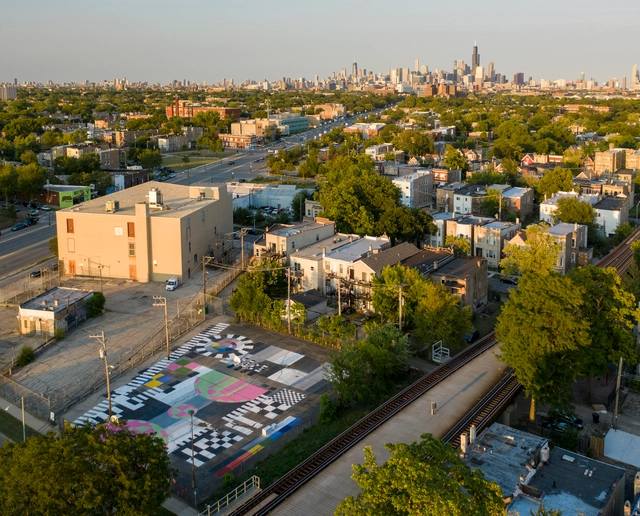
The first award winners of the 2024 World Architecture Festival have been announced, following Day One of live presentations at Marina Bay Sands in Singapore, in which hundreds of shortlisted projects were presented by practices from around the world. Amongst today's category award winners in the Completed Buildings section of the world's largest international live-judged architectural event are 5468796 Architecture, Renzo Piano Building Workshop, and Wallflower Architecture + Design.




![Ring of Swings / IND [Inter.National.Design] + Studio ID Eddy. © IND [Inter.National.Design] & Studio ID Eddy Urban Revitalization Through Motion: 9 Public Swings That Invite Play - 2 的图像 4](https://images.adsttc.com/media/images/671a/cfd4/abb6/a21a/5b77/e7ad/thumb_jpg/reinventando-o-espaco-urbano-9-balancos-publicos-que-convidam-a-brincar_8.jpg?1729810396)





























































